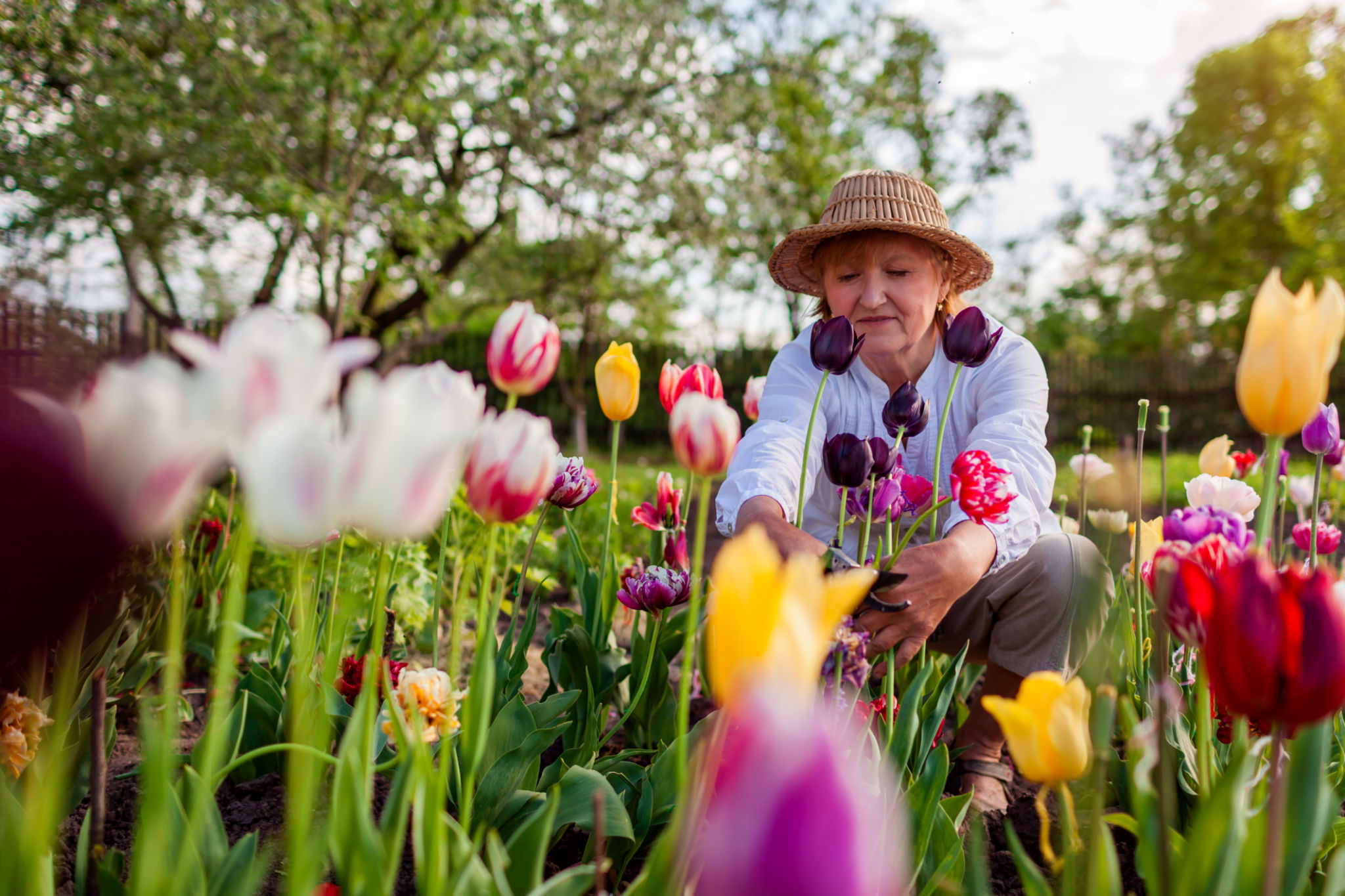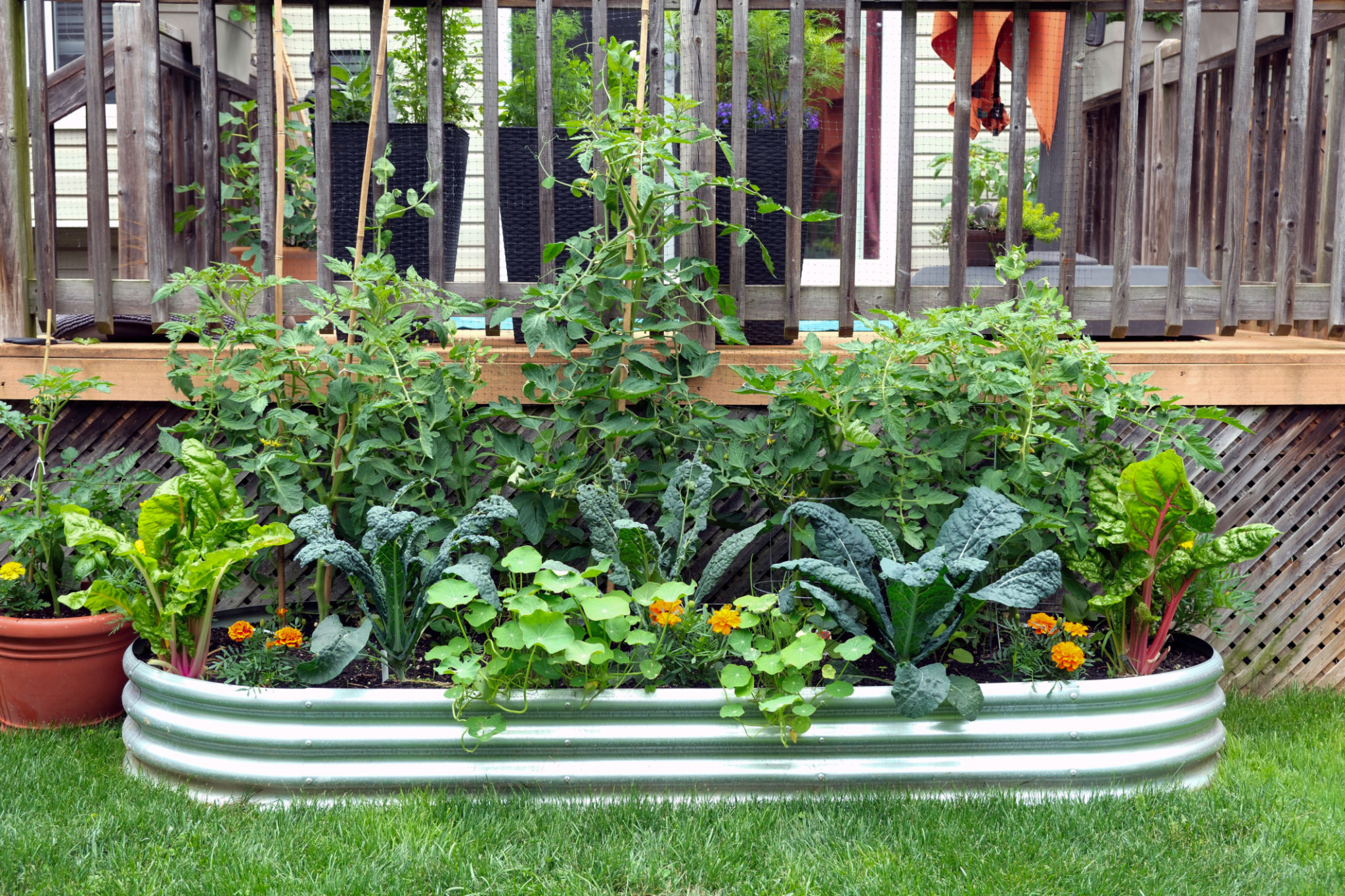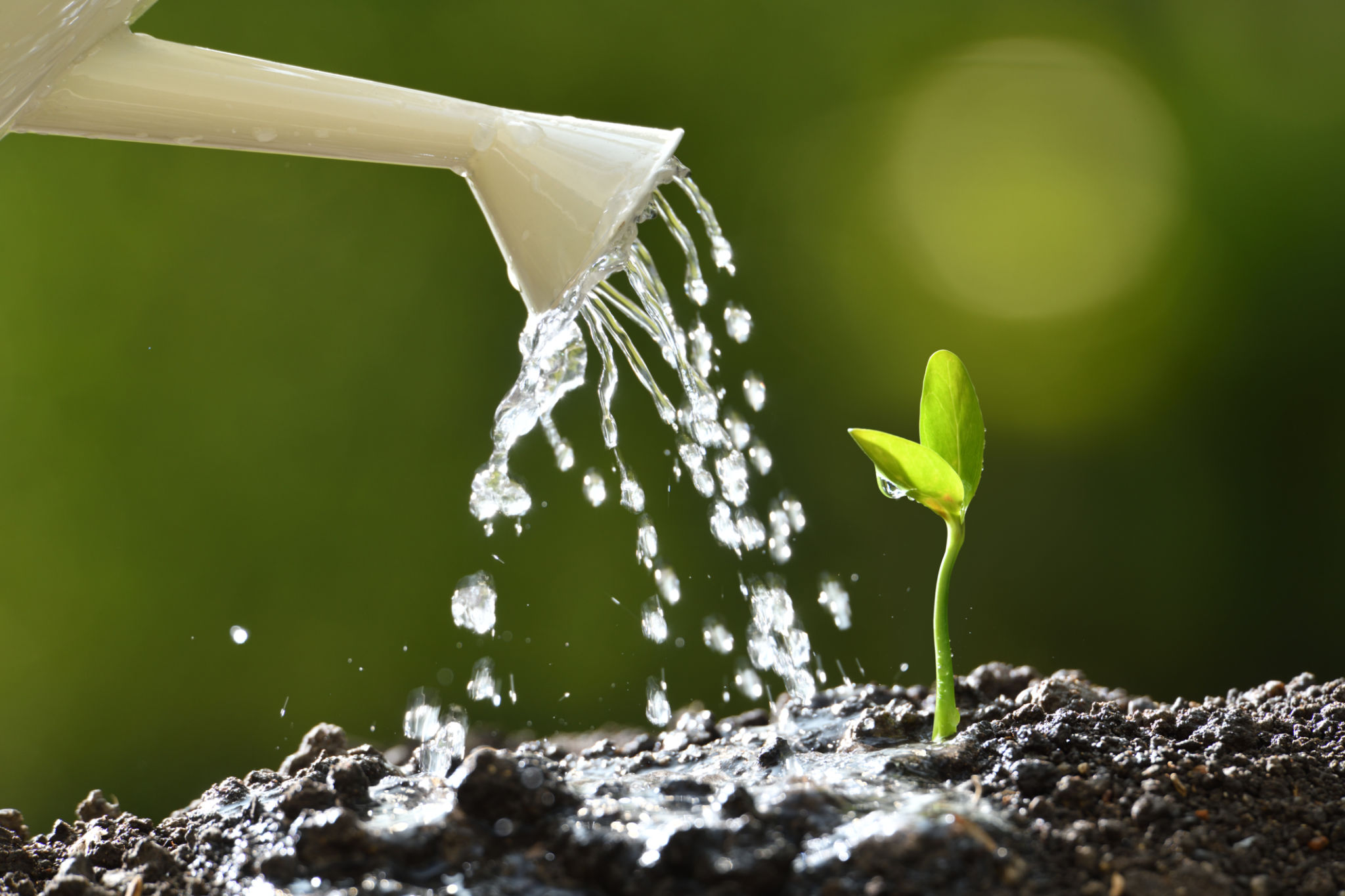Seasonal Edible Gardening: Preparing Your Burlington, NJ Garden for Spring
Understanding the Burlington Climate
Spring is a magical time in Burlington, NJ, especially for edible gardening enthusiasts. As the warmer weather approaches, it's crucial to understand how the local climate influences your gardening efforts. Burlington experiences a temperate climate with distinct seasons, which means preparing your garden early can lead to a more bountiful harvest.
The average last frost date in Burlington typically falls around late April. This gives gardeners a cue for when to start planting various crops. However, monitoring local weather forecasts is important, as frost dates can vary slightly each year.

Planning Your Spring Garden
Effective planning is the backbone of a successful edible garden. Begin by deciding what you want to grow. In Burlington, popular spring crops include lettuce, spinach, peas, and radishes — all of which thrive in cooler temperatures.
Creating a garden plan involves selecting the right location. Aim for a spot that receives at least six to eight hours of sunlight per day. Additionally, consider the soil quality. Burlington's soil can vary, so testing and amending your soil with compost or organic matter can significantly improve plant health.

Starting Seeds Indoors
Starting seeds indoors is an excellent way to get a head start on the growing season. Crops like tomatoes, peppers, and eggplants benefit from an early start indoors before being transplanted outside. Use seed trays or small pots filled with a quality seed-starting mix.
Ensure that your seeds receive ample light, either from a sunny windowsill or using grow lights. Keep the soil consistently moist but not waterlogged, and maintain a temperature conducive to germination.
Preparing the Garden Beds
As the ground begins to thaw, it's time to prepare your garden beds. Clear away any debris or leftover plant material from the winter months to make way for new growth. Tilling the soil can help aerate it and ensure better water absorption.

Adding organic matter like compost can enrich the soil with nutrients necessary for plant growth. Consider using raised beds if your garden area has poor drainage or compacted soil, which can be common in certain areas of Burlington.
Planting and Maintenance
Once your garden beds are ready and the threat of frost has passed, it’s time to plant! Follow spacing recommendations on seed packets or plant labels to ensure each plant has room to grow. Early spring is ideal for planting cool-weather crops directly into the ground.
Regular maintenance is essential for a thriving garden. This includes watering consistently, especially during dry spells, and mulching around plants to retain moisture and suppress weeds. Keep an eye out for pests common in the Burlington area, such as aphids and slugs, and manage them with organic solutions when possible.

Enjoying Your Bounty
As your garden begins to flourish, you’ll soon be rewarded with fresh, home-grown produce. Harvesting regularly encourages plants to continue producing, ensuring a continuous supply of fresh vegetables throughout the season.
Spring gardening not only provides fresh produce but also offers a rewarding outdoor activity that connects you with nature. Whether you're a seasoned gardener or a beginner, enjoy the process and savor the fruits of your labor this spring in Burlington, NJ!